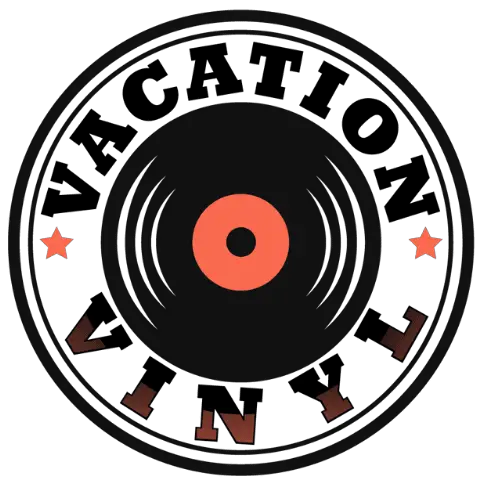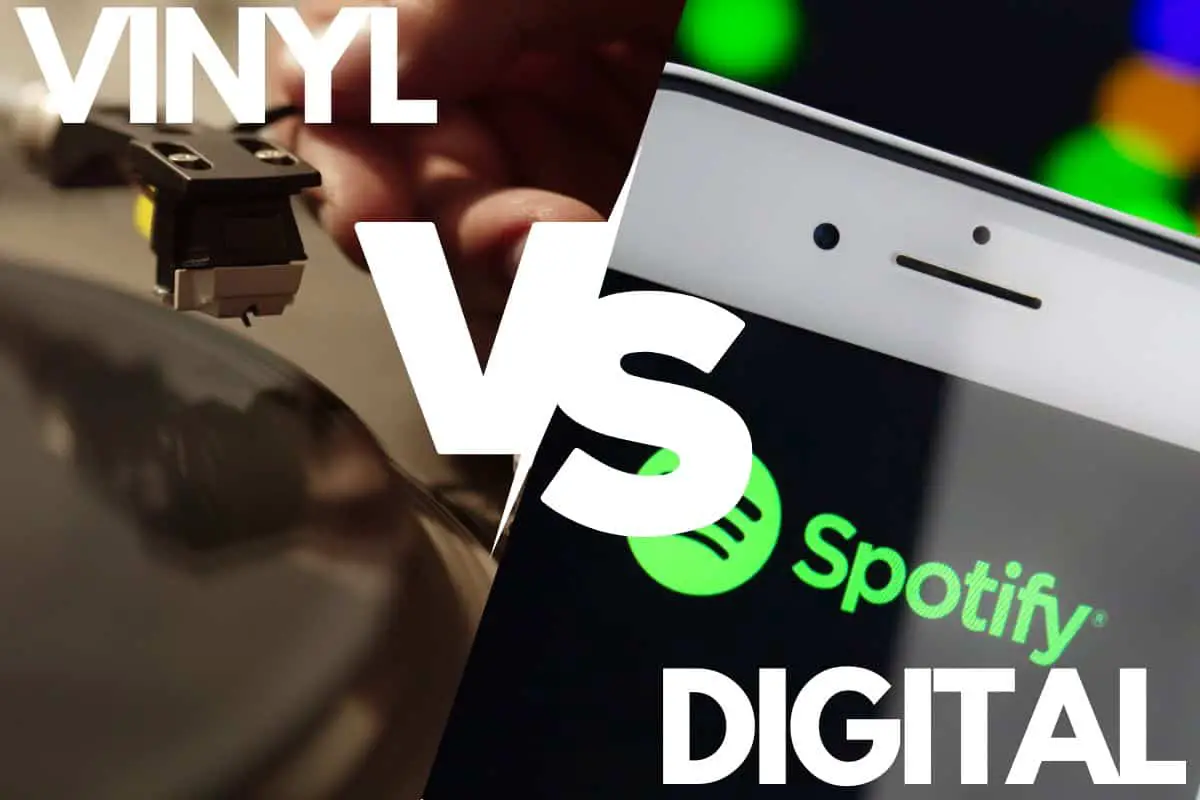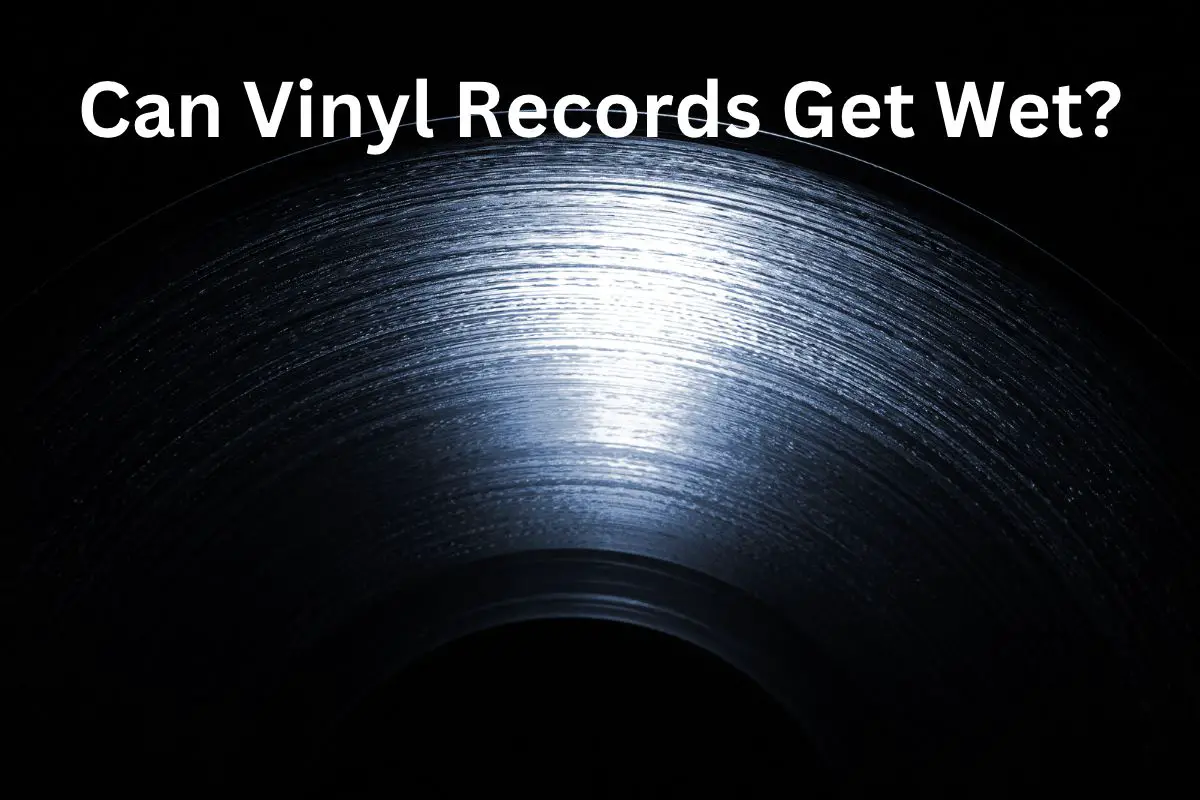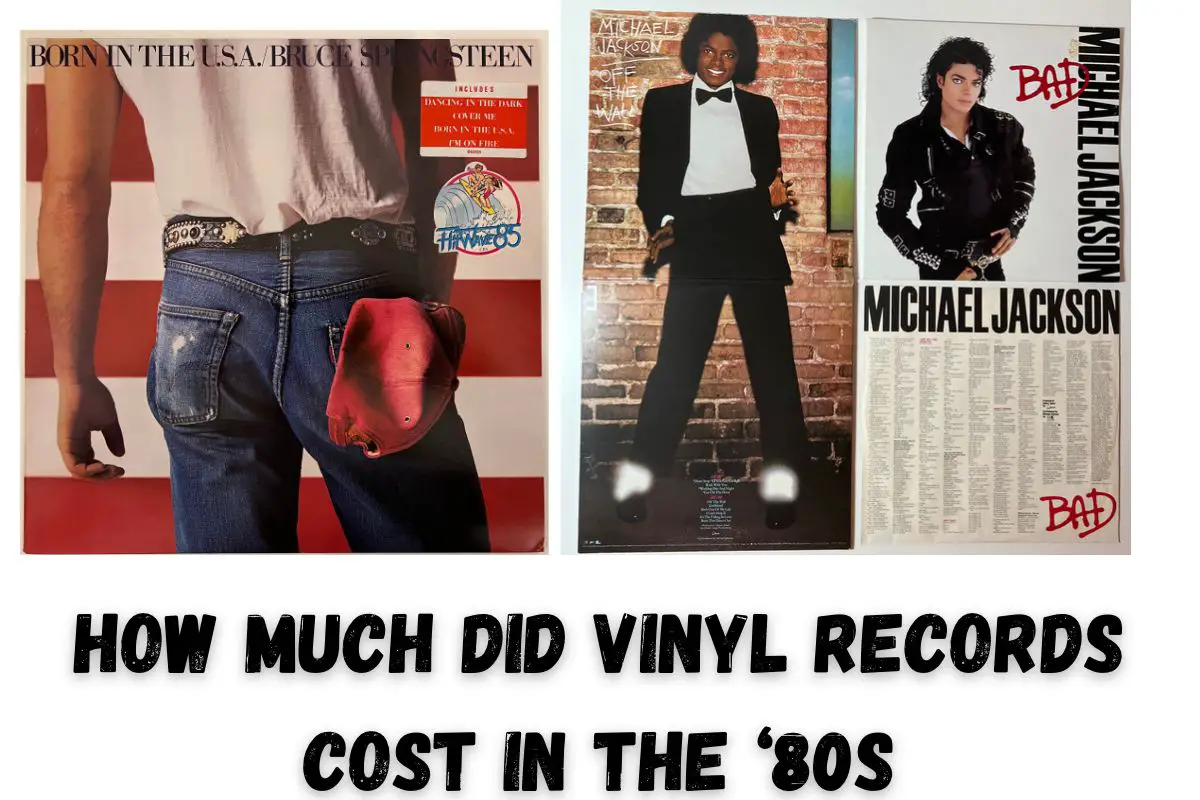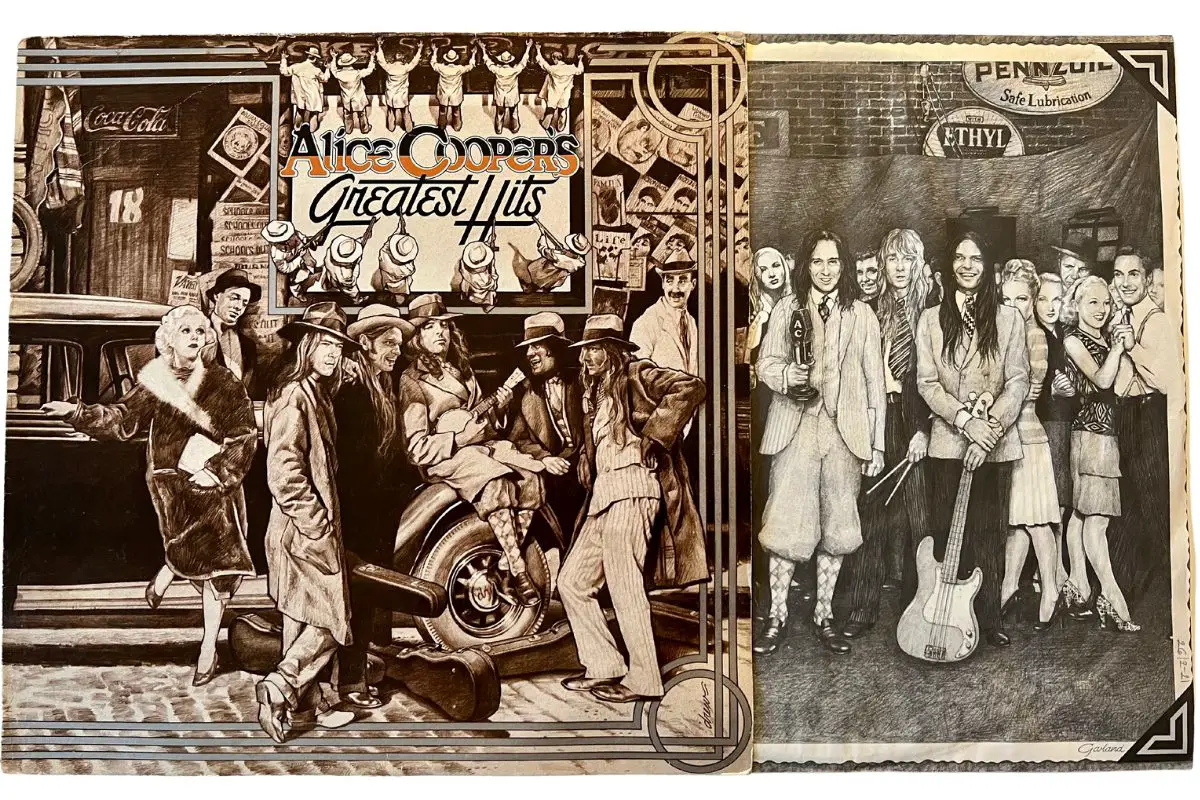This post contains affiliate links.
If you’re a music lover, you may have come across people arguing over whether digital or vinyl music is “better.” Although it can be argued that the answer ultimately depends on who’s listening, going into more detail on both might help settle the debate once and for all.
Vinyl records use analog storage methods to record and playback audio. These records are played on a record player or phonograph. On the other hand, digital music uses digital audio files that are stored and played back electronically. Both have their benefits and drawbacks.
The rest of this article will expand on the pros and cons of each musical medium, so you can better understand which is better for your personal needs and preferences. Read on for more information about vinyl vs. digital music, and which sounds better.
Table of Contents
What Is Vinyl?
Vinyl is a type of audio storage that uses analog methods to store music in round discs or vinyl records. This stored audio is then read and amplified by a phonograph.
How Vinyl Works
Vinyl records are essentially audio files stored in large discs. When these discs are played back on a phonograph, the record player’s needle (also known as the stylus) will read the grains and produce a signal from the sound vibrations, which will then be played through the phonograph’s amplifier.
If you’re a visual or auditory learner, this helpful YouTube video explains how vinyl records work in simple terms:
Now that we’ve discussed what “vinyl” means in a musical context, let’s take a deeper look into how it performs. These next sections will expand on the pros and cons of vinyl, so you can better understand this method of audio storage.
Benefits of Vinyl
Here are some benefits of vinyl:
- Vinyl sounds more similar to live music.
- Vinyl audio is completely lossless.
- Vinyl records produce a unique sound.
Let’s expand on these benefits in more detail.
Vinyl Sounds More Similar to Live Music
Vinyl records receive a lot of praise for their overall sound. One of the most common reasons for this is their ability to provide listeners with an immersive audio experience that makes you feel as though you’re listening to a live performance. There’s something more tangible about analog sound compared to its digital counterpart.
Vinyl Audio Is Completely Lossless
Lossless audio is available in analog and digital audio playback forms, but vinyl is often considered the only form of analog audio storage that’s completely lossless. When audio is lossless, this essentially means that quality isn’t lost during the compression process.
In other words, lossless audio contains all the details initially present during the recording process, so you don’t miss anything when the audio is played back. Because of this feature, vinyl records are known for their pristine and detailed sound quality.
Vinyl Records Produce a Unique Sound
Another advantage that vinyl records have over digital music is that they produce a unique sound that can’t be replicated digitally (at least, not exactly). A recognizable feature of vinyl records is the classic popping and cracking noise vinyl often makes.
While this aspect might seem like it should be considered a flaw in the audio playback, it really isn’t. There’s something so special about hearing the sound of vinyl, and it can’t be replicated with digital audio.
The sound of vinyl records is completely different from anything else you’ll ever hear. It’s what often makes people prefer the sound of analog music playback over digital.
Downsides of Vinyl
Vinyl is a timeless method of music playback with a highly distinctive sound. It’s known for its quality and individuality.
However, while vinyl is highly favored, this method of listening to music isn’t completely drawback-free.
Here are some downsides of vinyl:
- Vinyl records can be damaged
- Vinyl records have a limited volume range
Let’s discuss each of these points further below.
Vinyl Records Can Be Damaged
Vinyl records are physical products, so they’re prone to wear, tear, and aging, which can decrease the sound quality and compromise the disc’s ability to play back audio without errors. Vinyl records can also be permanently damaged, which usually means they’re ruined for good.
Unfortunately, even without accidental damage, a vinyl record wearing down is inevitable. They won’t last forever, and after a certain amount of plays, the audio quality will start to deteriorate.
Another thing to note is that you must be very careful when storing your vinyl records to ensure they won’t be damaged. How you store your vinyl can directly affect the audio quality of your records.
If you have a hundred vinyl records on hand, you can protect them using the ZICOTO Decorative Vinyl Record Storage Box Set of 2 (available on Amazon.com). Not only can it help you categorize your favorite records, but you can also collapse or stack the box depending on your space.
You might also be interested in this article about storing Vinyl Records on IKEA shelves.
Vinyl Records Have a Limited Volume Range
When using a phonograph to play music with vinyl records, you just can’t play it as loudly as you would with digital music. Phonographs have a limited volume range because they must work harder to amplify the sound. Vinyl audio playback is just naturally quieter.
What Is Digital Music?
Digital music refers to audio files stored digitally on computers and valued numerically. This method of music storage turns analog audio data into digital with the help of computers.
When people talk about digital music, they typically mean music that can be played back over a computer or mobile device such as a smartphone. The audio stored in these devices is usually amplified with the help of car audio systems and other speakers.
How Digital Music Works
Digital audio essentially refers to analog audio data that has been transformed into digital audio files. These files are stored in computers in many different formats — the most common being MP3. To create digital audio, you simply play your music and record it using a computer.
Benefits of Digital Music
Here are some benefits of digital music:
- Digital music files can’t decay over time.
- You can play digital music louder.
- Digital music is not flawed like vinyl.
- You can easily find and stream millions of songs.
Let’s talk about these benefits in more detail.
Digital Music Files Can’t Decay Over Time
Unlike vinyl records, digital music files can’t decay over time, which is a huge plus. This has a significant impact on the overall sound quality of digital audio files compared to analog music. Vinyl records are susceptible to scratches and dust contamination, which can make the sound grainy or permanently flawed.
Fortunately, with digital music, you don’t have to worry about physical damage or contaminants compromising the sound quality. Digital music can’t get dusty, and it can’t get scratched either. The initial quality of the file stays the same no matter how many times you listen to it.
You Can Play Digital Music Louder
You can play digital music at much louder volumes than you can with a vinyl record. As previously mentioned, vinyl records can only be played so loud with a phonograph. In contrast, with digital music, you can amplify the audio files at much higher volumes with the help of good speakers.
Digital Music Is Not Flawed Like Vinyl
As I’ve said earlier, a distinctive quality of vinyl is the popping and crackling sound produced when vinyl records are played back over a phonograph. While this characteristic makes vinyl unique, it can sometimes get in the way of the overall sound quality.
With digital music, you don’t have to worry about flaws in the sound because digital audio files cannot be affected by physical factors the same way vinyl can.
Downsides of Digital Music
Here are some downsides of digital music:
- You need a good speaker to get good sound.
- The sound of digital music can’t compare to vinyl.
Let’s explore these downsides.
You Need a Good Speaker To Get Good Sound
One downside of digital music is that you need a good speaker to get adequate sound. Playing music directly from your phone or computer produces quieter and less robust audio quality. To achieve a richer sound with digital music, you need to amplify your files through a good speaker or headphones.
This can be a downside if you don’t have the right equipment. There are definitely cheap speakers and headphones you can buy, but they can severely compromise the overall quality of your digital audio files.
The Sound of Digital Music Can’t Compare to Vinyl
One of the most common complaints about digital audio vs. vinyl is that digital sound simply can’t compare to vinyl. There’s something so rich and charming about vinyl music that can’t be replicated digitally. This difference in sound is very distinguishable and is often what leads some people to prefer vinyl over digital music.
Vinyl vs. Digital Music: Which Has a Better Sound?
Vinyl and digital music both have excellent qualities. In terms of convenience, digital music definitely takes the cake. It is easy to store digital files, and they cannot be damaged like vinyl. However, in terms of sound, vinyl audio is preferable to digital.
Final Thoughts
Vinyl vs. digital is an argument as old as digital music itself. This debate has been going on for decades, and as technological advancements make digital music better and better, it can be trickier to determine which method of audio storage is truly the best.
Digital music is more convenient and lasts longer than analog, but in terms of sound, vinyl music has that distinct inimitable quality.
However, it’s perfectly alright to prefer one method over the other. You know your personal needs and preferences better than anyone, so the final conclusion is ultimately yours.
VacationVinyl.com is a participant in the Amazon Services LLC Associates Program, an affiliate advertising program designed to provide a means for sites to earn advertising fees by advertising and linking to Amazon.com. We also participate in other affiliate programs which compensate us for referring traffic.
